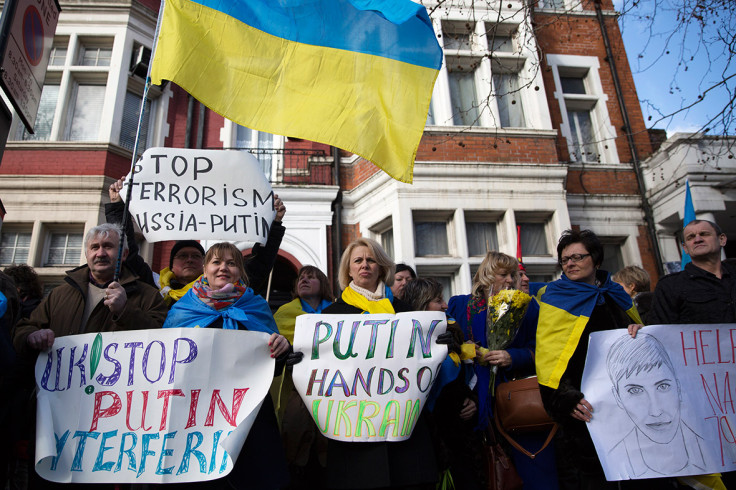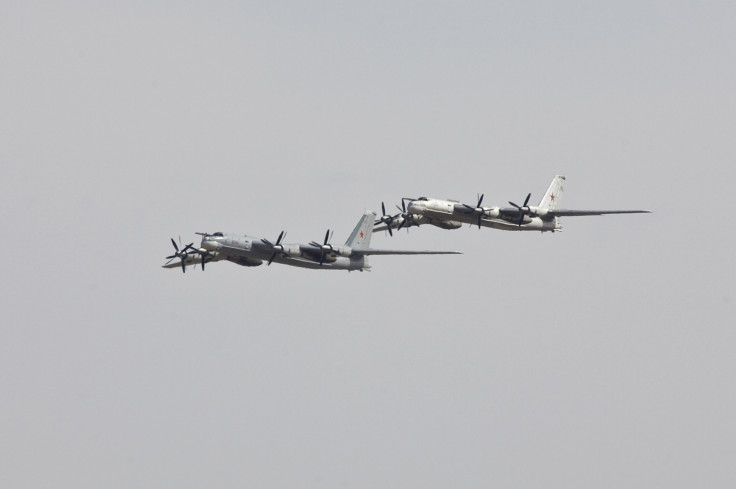Simon Heffer: Vladimir Putin is laughing at the complacency of the West and its pathetic defences
Vladimir Putin professes himself shocked and outraged by the murder of Boris Nemtsov, one of his most outspoken political opponents, who was shot in cold blood in Moscow on 27 February.
It emerged after his murder – or execution, since it bore all the signs of a mafia-style hit – that his elderly mother had implored him to stop attacking Putin, because those who do so in Russia tend to end up dead. Nemtsov has proved the truth of this in the most tragic way.

Putin will personally oversee the inquiry, which will ensure the true perpetrators are never caught. It has become a cliché to compare Putin's Russia with Nazi Germany but the murder of political opponents with impunity was one tactic of that regime that it has in common with the one now prevailing in Russia.
Nemtsov's murder has been denounced by world leaders, all of whom seem to have drawn the inference that Putin or his kleptocratic supporters were behind it.
Nemtsov is said to have been about to expose the truth of Russia's involvement in the war in east Ukraine, which would be a poor reason to kill him: the world knows the truth as it is and has long dismissed with contempt Putin's denials of any Russian involvement.
The habitual lying of Putin and his associates discredits Russia, more each day; sadly, that growing discredit does nothing to weaken Putin's hold on power, or make the world any less dangerous. The thousands who defied Putin's terror to march in protest through Moscow on 1 March were not merely drawing attention to a society where dissent is punished by death; they were highlighting a polity whose dishonesty, aggression and recklessness makes it a threat to European, and indeed global, stability.
On 28 February, Sir John Sawers, the former head of MI6, felt the need to draw attention to this himself. He talked of the threat Putin offered to Britain – he might have said, equally, to other Western countries that express their disapproval of his methods – and urged stronger defences to allow the country better to resist him. To some, this may seem like scaremongering or paranoia, but the West has been painfully slow to appreciate the ruthlessness with which Putin operates, and the lack of concern he feels for the hostile opinion of other nations.
Indeed, he thrives on it, for every insult or criticism thrown at him from abroad allows him to pose as the guardian of a beleaguered country, and to harness, as a result, the support of millions of largely unthinking citizens.
European focus on Islamic State rather than Russia
Britain and its European allies – it is hard to include America in the equation, given the move to isolationism by Barack Obama – still to a great extent have their heads in the sand about Russia, preferring instead, where consideration of international threats are concerned, to concentrate on the potential horrors of Islamic State (Isis).
Islamic extremism certainly has the ability to terrorise Western states, as the Charlie Hebdo massacre has been the latest atrocity to illustrate. But IS planes have not routinely been buzzing British airspace, an affront to British security that the government seems remarkably complacent about.
Earlier in February, the British government announced it was going to show its determination to stand up to Putin by sending soldiers on a mission to Ukraine to train Ukrainian forces. The standards of British military training and instruction are superb: but this force was put at a maximum of 75 men, something hardly designed to have the potential enemy across the Urals quaking in their snow boots.

This pathetic response to a lethal aggression on Europe's borders illustrates not merely the lack of reality with which Britain, and much of the rest of Europe, views questions of international security, but also the inadequacy of Britain's defence commitment.
For over a year, America has made it clear it believes Ukraine is a European problem, and it invited the Germans to take the lead in sorting it out. Angela Merkel has made a useful start, not least by dropping Germany's craven appeasement of a nation that supplies it with much of its energy and is a huge market for its exports. But Europe as an entity has made only the most derisory attempt to offer a response to Putin's lies and belligerence.
Putin looks at nations that prefer to spend money on welfarism rather than defence and sneers at them with contempt. When they shake their fist at him he laughs, because he knows in the end they lack the men and materiel to resist him.
Today it is Ukraine: tomorrow it could be a Nato and EU country such as Estonia, Latvia or Lithuania, or even Poland. Perhaps that would shake America out of its isolationism; perhaps, equally, it would force a 1938-style recognition on the major European polities that the holiday is over, and countries that believe in liberty and the rule of law must be prepared to defend it by all means.
And that means Britain taking Sawers seriously and putting more men and equipment into its Armed Forces. It means Germany having a serious armaments programme. And it means other European nations doing likewise. The alternative is Putin expanding his campaign of execution and tyranny. The choice should be simple.
Dr Simon Heffer is a British commentator and author who has written columns for The Daily Mail, The Daily Telegraph, The Spectator and The New Statesman. He is the biographer of Enoch Powell, Thomas Carlyle and Ralph Vaughan Williams and recently published High Minds: The Victorians And The Birth Of Modern Britain.
© Copyright IBTimes 2025. All rights reserved.






















